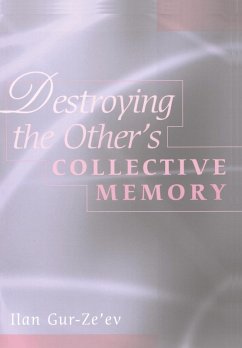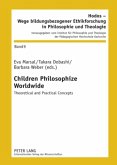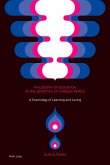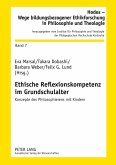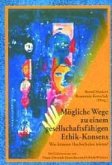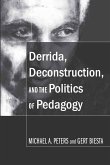Destroying the Other's Collective Memory addresses education as the violence that constitutes the passions, conceptual apparatuses, consciousnesses, possibilities, limitations, and aims of subjects and collectives. The mutual quests for control, productivization, and destruction of the Israeli and Palestinian passions, concepts, identities, and potentials are reconstructed. This reconstruction serves as a test case for counter-education, addressing the challenges of the era of meaninglessness. Referring in detail to the Israeli/Palestinian context, it confronts the wrecking of the modern utopia of nonviolent, democratic public spheres in which a rational, solidarian, and pure human being replaces God. Destroying the Other's Collective Memory challenges our impoverished time, which not only lacks the presence of "God", but lacks the meaning of his absence.
"A major contribution from one of the leading figures of the Israeli educational left. It is a powerful critique of Zionist ideology and education and what Ilan Gur-Ze'ev refers to as secularized political theology that has culminated in 'the Israeli violence machine'. It offers to Palestinians and Israelis alike, and for all those struggling for a better future throughout the world, the conceptual foundations for the development of a counter-education that challenges those ethnocentric, dogmatic, and colonialist discourses and social practices that negate the Other. Of central significance is Gur-Ze'ev's ability to advance the political project of the critical educational tradition through an innovative engagement with critical theory, especially through the creation of a pedagogical framework that he calls 'counter-education'. This book brings important new ideas to the international debates over critical pedagogy and contributes to a broader politics of emancipation. It is an indispensable contribution to understanding the Israeli/Palestinian situation from a critical postcolonialist perspective that is not only relevant to the Israeli/Palestinian reality, but to advancing and deepening critical educational imperatives everywhere." (Peter McLaren, Graduate School of Education and Information Studies, University of California, Los Angeles)

